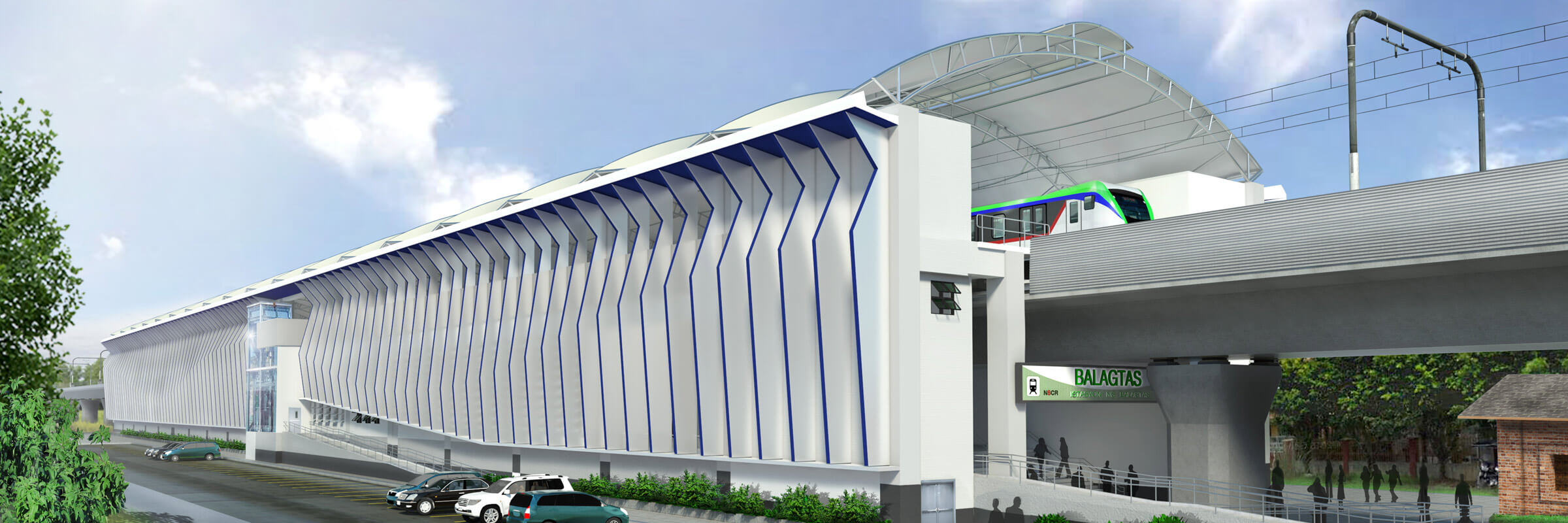The annual conference is delivered in collaboration with the Clean Energy Council and grants attendees access to the most recent technology, information, and trends pertinent to professionals in the renewable energy sector.
Technical Presentations
The Solar Farm of the Future: Unleashing the potential of digital engineering in the renewable industry
Rob Hamilton (Principal Engineer – Renewable Energy)
In our vision of the solar farm of the future, rich digital twins revolutionize design construction and operation of our solar farms. These virtual playgrounds incorporate real-time data, predictive analytics, and artificial intelligence, enabling developers, designers and operators to make data-driven decisions.
During the design proves, these rich digital twins revolutionize design accuracy, enabling engineers to simulate various configurations and scenarios to optimize the design to suit the project setting, maximising the yield and minimising the impact of the project on its environment.
Bringing Solar Design Back ‘Down Under’: Creating technical Centres of Excellence for solar farm design in Australia
Neal Digby (Manager – Power & Energy)
The development of utility-scale solar generation in Australia over recent years is a remarkable achievement. However despite being led from within Australia, a significant portion of the design work at the core of these projects was conducted offshore.
This presentation advocates bringing solar farm design back ‘down under’ through the establishment of Centres of Excellence for solar farm design in Australia. The creation of Centres of Excellence will allow Australia to own its solar future and reclaim its position as a global leader in utility-scale solar generation.
Democratising Design: How open-source automation leads to better engineering design for renewable energy projects
Steve Gibson (Principal Designer – Power & Lighting, Power & Energy)
This presentation proposes that design phase interfaces can be de-risked using open-source bidirectional automation, facilitating a dynamic response to changes in the design model, ultimately improving the speed, accuracy and quality of the design process. It will work through a case study demonstrating how utilising and developing open-source automation reduced design time & improved connectivity between drawings and engineering calculations, accelerating the generation of project deliverables by streamlining how data is extracted, processed and passed between various software packages.
Technical Methodology to Develop and Design Green Hydrogen Systems
Jose Quizhpe (Technical Principal – Power & Energy)
The core aim of this presentation is to present a scientifically grounded technical approach pivotal in defining Green Hydrogen systems, with an emphasis on its development, engineering, and design. We will delve into the intricacies of the hydrogen value chain, the structure of green hydrogen systems, and the tools for their modelling.
2030 – How the energy sector can better navigate decarbonisation challenges and constraints
Elnaz Hariri (Project Manager – Power & Energy), Lisa France (National Manager – Energy (Acting))
This presentation will explore how industry partners can support governments and corporations in achieving ambitious decarbonisation goals. To collectively advance toward the desired targets, it is essential to consider the challenges and risks of rapid decarbonisation in the current landscape.
While progress is being made in decarbonising operations, it is crucial for commitment timeframes to be realistic to prevent reputational and financial loss. Key challenges need to be addressed, including increasing the number of skilled professionals, leverage emerging technologies and appropriately plan for the lengthy project approval, construction, commissioning, and energy production timeframes. By working collaboratively, we have an opportunity to meet the needs of the future.






